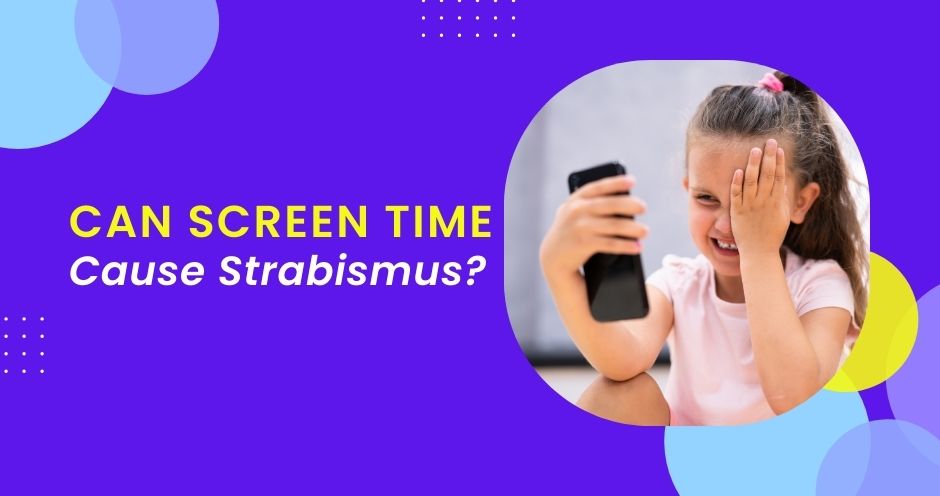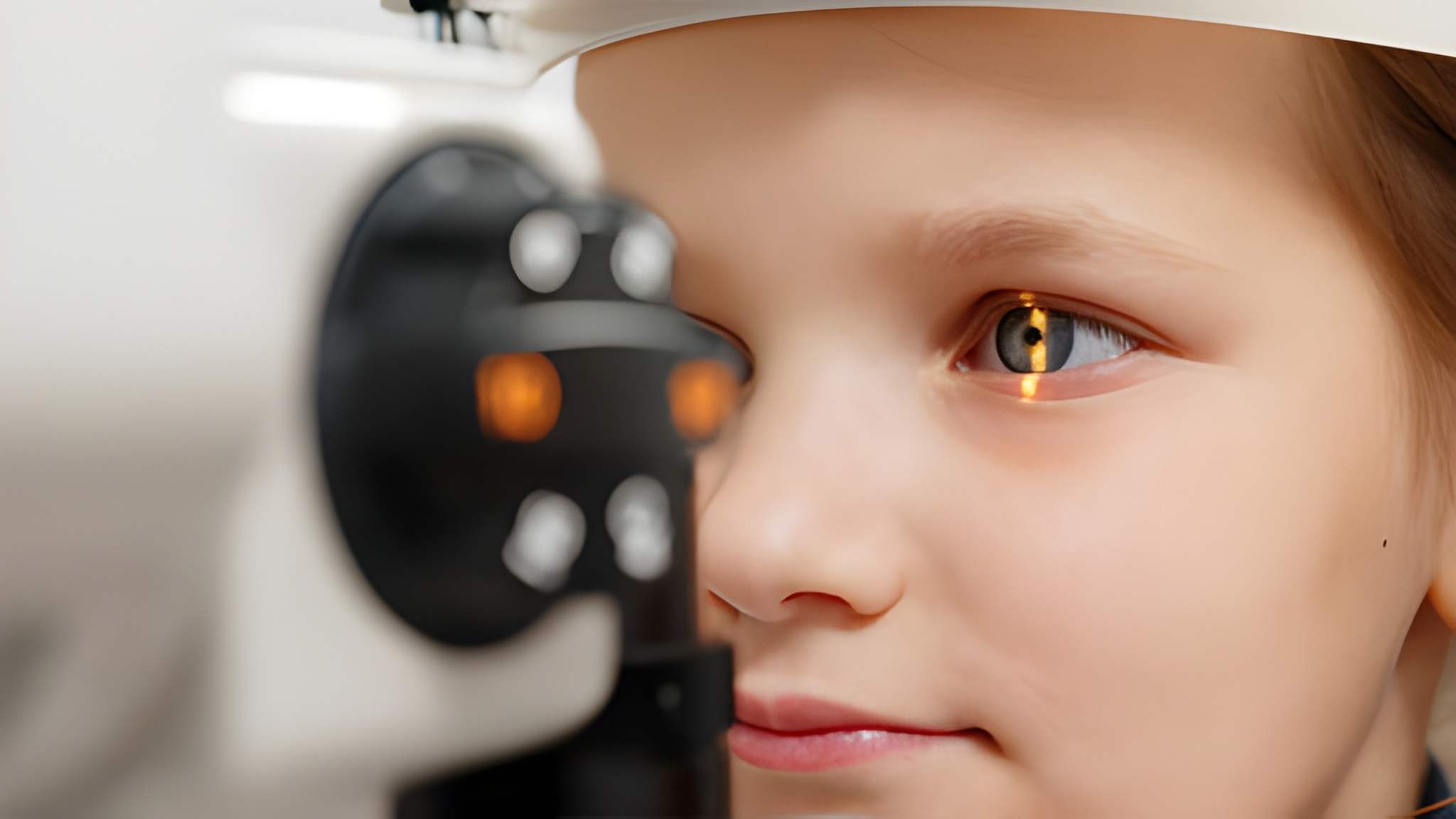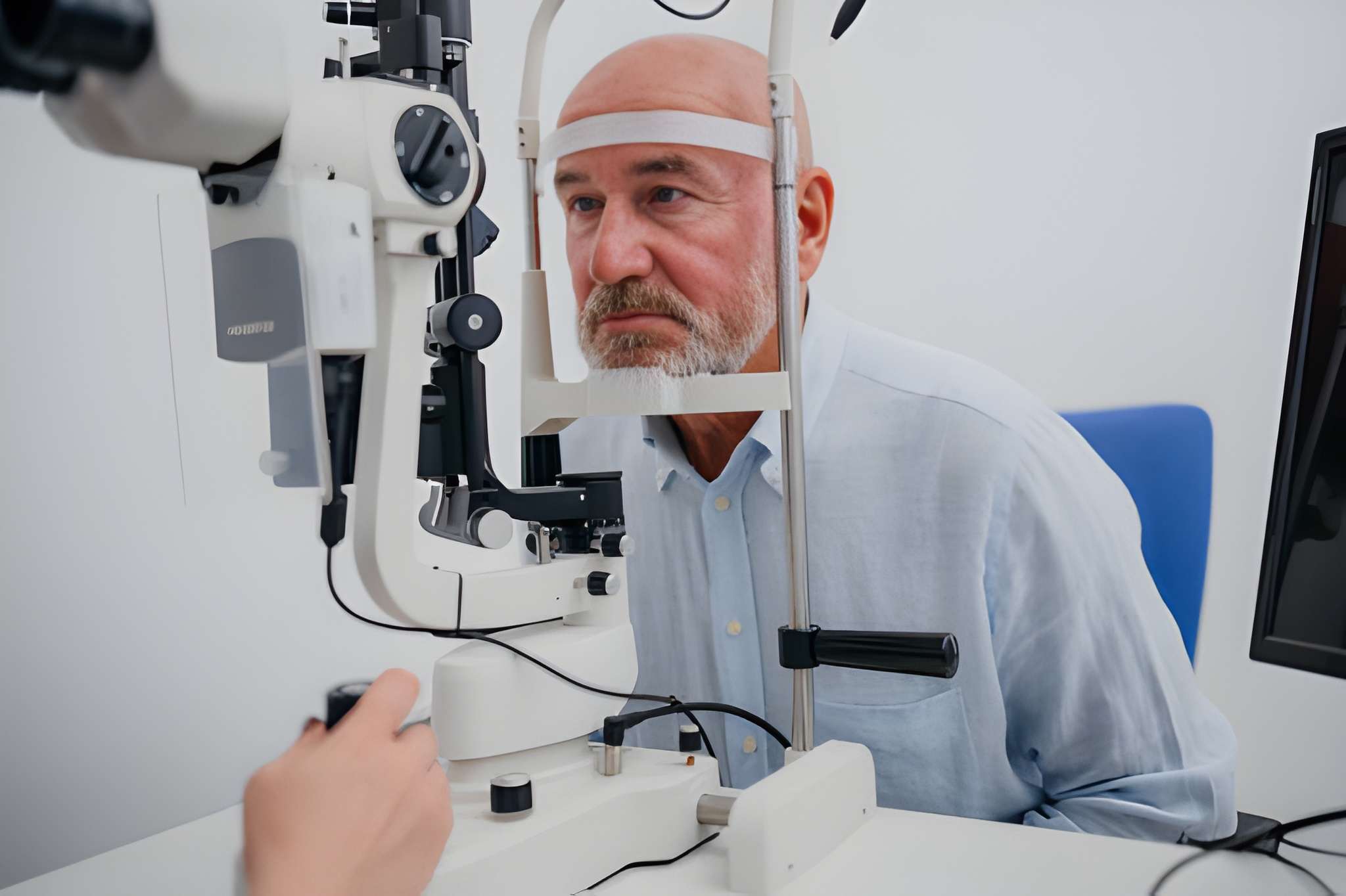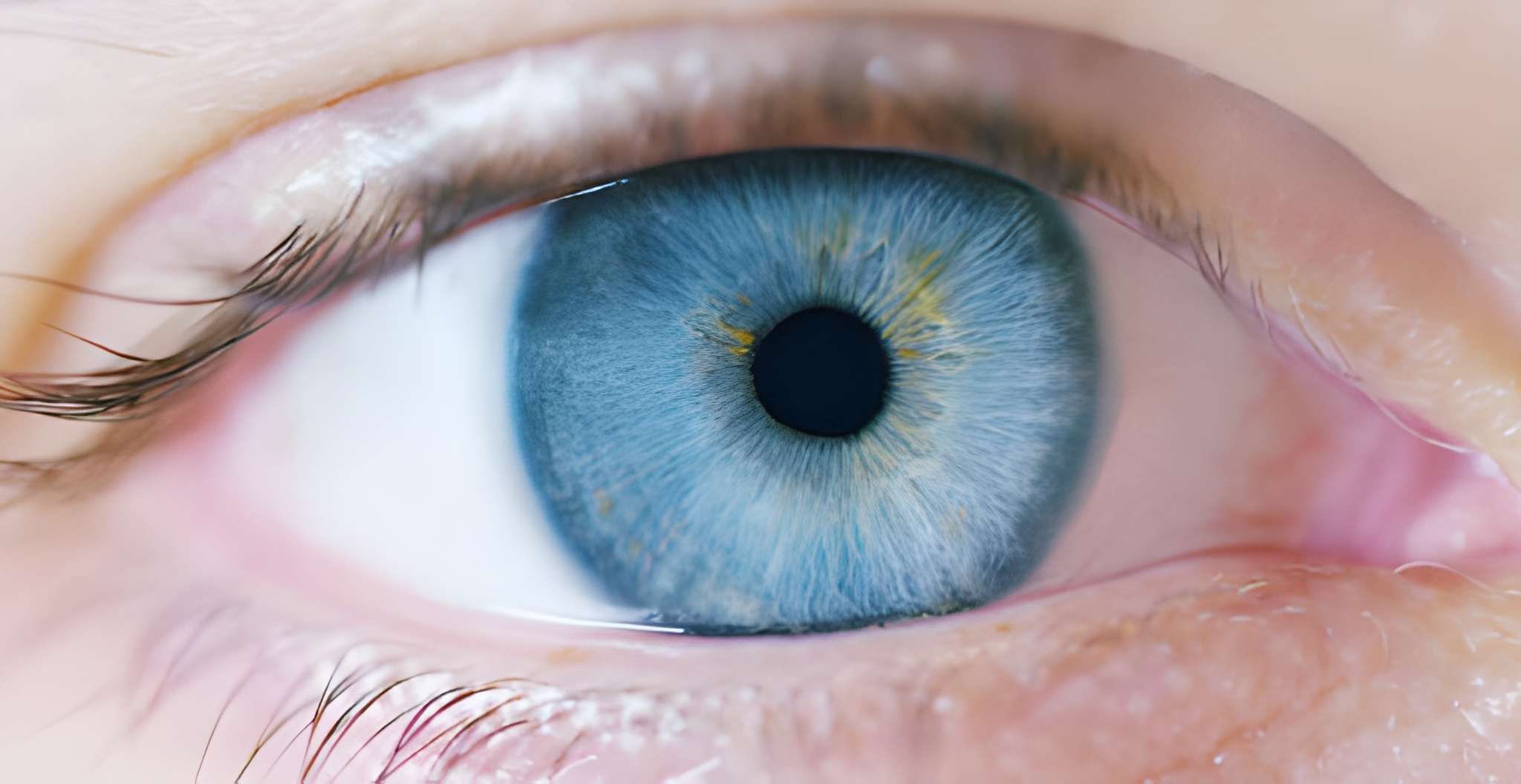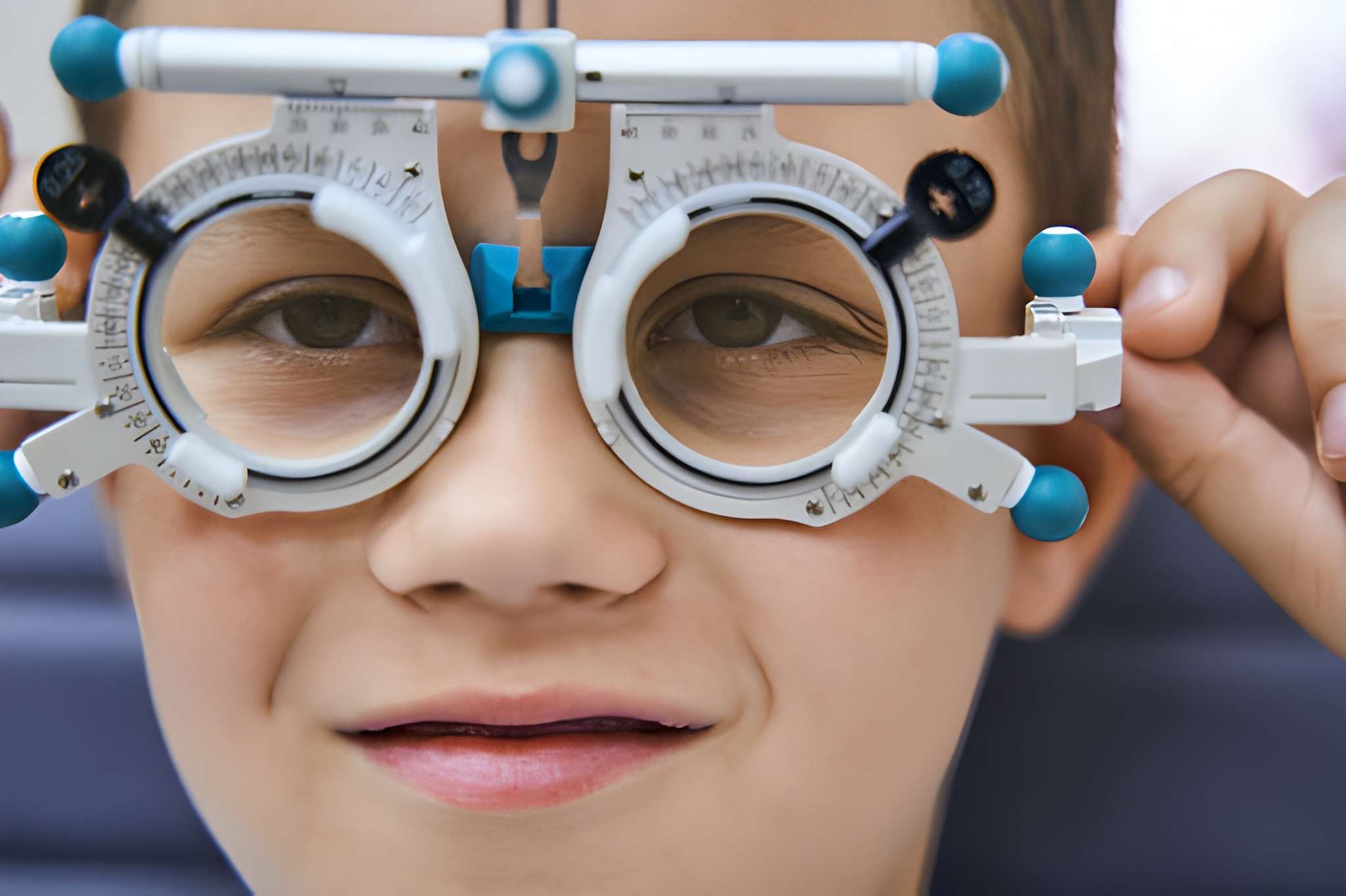Yes, can screen time cause strabismus symptoms to appear or worsen due to eye strain and prolonged near focus. Screens do not damage eye muscles, but they can disrupt eye coordination. This may make existing eye alignment problems more noticeable.
Many parents and adults ask does screen time cause strabismus as screen use increases. Strabismus happens when the eyes do not align properly. Long screen hours can strain the visual system. This may trigger symptoms such as crossing or drifting of the eyes. Early care helps protect vision.
What Is Strabismus?
Strabismus Surgery in Dubai is used to treat strabismus, a condition where the eyes do not point in the same direction. One eye may turn in, out, up, or down, which can affect vision and depth perception.
Book Appointment For Strabismus Surgery in Dubai
How Screen Time Affects Eye Alignment
Can screen time cause strabismus symptoms through eye fatigue
Can screen time cause cross eyes when focusing too long
Can too much screen time cause cross eyes temporarily
Why do my eyes cross when I look at a screen due to muscle strain
Can eye strain cause strabismus to appear worse
Screens do not create the condition, but they can worsen how it looks and feels.
Read More: Why do Children Have Eye Problems?
Lazy Eye and Screen Use
Can screen time cause lazy eye in children with vision imbalance
Does screen time cause lazy eye by reducing visual variety
Can screens cause lazy eye when one eye becomes dominant
Can you get a lazy eye from too much screen time if alignment is poor
Can too much screen time cause lazy eye by increasing eye fatigue
Screens do not directly cause lazy eye, but they may worsen existing risk factors.
Book Appointment With Pediatric Ophthalmologist in Dubai
How Screen Strain Develops (Step-by-Step)
Eyes focus on a near screen for long periods
Eye muscles become tired
Can you go cross eyed from looking at your phone due to fatigue
Can you get cross eyed from being on your phone temporarily
Existing strabismus becomes more noticeable
Is Strabismus Serious?
Many people ask is strabismus serious.
Yes. If untreated, it can lead to double vision, depth problems, or lazy eye. Early diagnosis is important.
How to Treat Strabismus in Adults
People often ask how to treat strabismus in adults.
Treatment may include glasses, vision therapy, Botox injections, or eye muscle surgery, depending on the cause.
Read More: How to strengthen Your baby’s eye Muscles?
Book a Consultation with Dr. Qasim Qasem
If you or your child is experiencing eye misalignment, double vision, or signs of strabismus, Dr. Qasim Qasem, a specialist in pediatric and adult eye alignment disorders, provides thorough eye assessments and personalised treatment planning. Whether you are considering non-surgical options or Strabismus Surgery in Dubai, a professional evaluation can help determine the most suitable approach for your visual needs.
FAQs (People Also Ask)
Can screen time cause strabismus?
Yes. It can make existing eye alignment problems more noticeable through strain.
Does screen time cause lazy eye?
No. But it can worsen conditions that lead to lazy eye.
Can you go cross eyed from looking at your phone?
Yes, temporarily, due to eye fatigue.
Why do my eyes cross when I look at a screen?
Because prolonged near focus tires the eye muscles.
Can too much screen time cause cross eyes?
It can make eye misalignment more visible, especially in children.
Author
Reviewed by: Dr. Qasim, Pediatric Ophthalmologist
Last Updated
12 January 2026



